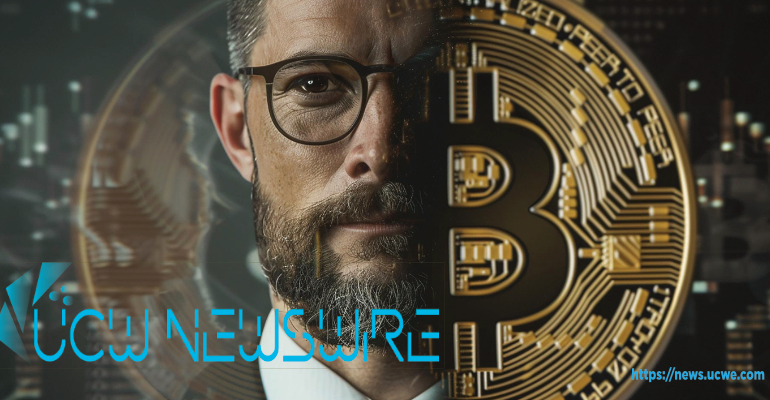Anchorage Digital Bank Under Homeland Security Scrutiny as Crypto Regulation Debate Heats Up
Anchorage Digital Bank, a high-profile, Wall Street-backed crypto custodian known for its regulatory status and ties to pro-crypto political circles, is now facing fresh scrutiny from a financial crimes task

Anchorage Digital Bank, a high-profile, Wall Street-backed crypto custodian known for its regulatory status and ties to pro-crypto political circles, is now facing fresh scrutiny from a financial crimes task force within the U.S. Department of Homeland Security. The inquiry, conducted by the El Dorado Task Force , a Homeland Security investigative unit specializing in dismantling transnational money laundering operations, marks the latest regulatory challenge for Anchorage as it navigates the volatile intersection of crypto innovation and financial compliance.
In recent weeks, the task force has reportedly reached out to former Anchorage employees, seeking information on the company’s internal practices and anti-money laundering protocols, according to people familiar with the matter. The nature and scope of the investigation remain unclear, and both Anchorage and Homeland Security declined to comment on the ongoing inquiry.
Anchorage, which boasts an impressive roster of backers including Goldman Sachs, Andreessen Horowitz, KKR, Wellington Management, and recently secured a custody partnership with BlackRock for its crypto ETF products, has long positioned itself as a model of regulatory compliance in the digital asset space. In 2021, it became the first crypto firm to receive a national bank charter from the Office of the Comptroller of the Currency (OCC). But by 2022, the OCC issued a consent order after finding deficiencies in Anchorage’s anti-money laundering, client due diligence, and suspicious activity monitoring controls — violations of the Bank Secrecy Act that Anchorage pledged to swiftly correct.
This new probe arrives at a critical time. Anchorage has been actively engaging with policymakers, especially those aligned with former President Donald Trump, who has recently voiced strong support for the crypto industry, even promoting his own cryptocurrency and pledging to make the U.S. “the crypto capital of the world.” Anchorage has leaned into these political connections, participating in high-visibility events like January’s “Crypto Ball” in Washington, D.C., and building alliances with pro-crypto figures in the emerging Trump-aligned digital asset policy landscape.
CEO Nathan McCauley has become one of the loudest voices against “debanking,” testifying before the Senate Banking Committee in February about the risks crypto firms face when traditional banks sever relationships due to perceived risk. “Crypto is in good hands,” McCauley wrote in April, sharing a photo alongside Bo Hines, executive director of the President’s Council of Advisers for Digital Assets.
To further fortify its regulatory credibility, Anchorage has added seasoned financial veterans to its leadership ranks. Former Goldman Sachs executive Connie Shoemaker and Julie Williams, who served as the OCC’s chief legal adviser during the 2008 financial crisis, have joined the board. The firm also hired TuongVy Le, a former crypto investigator at the SEC, as general counsel, though she has recently stepped back into an advisory role, marking the second general counsel departure in two years.
Founded in 2017 by McCauley and Diogo Mónica, now Anchorage’s executive chairman and a general partner at Haun Ventures, the company has grown into a $3 billion firm offering custody, trading, and infrastructure services for institutions and governments. Yet, its future now hinges not just on market opportunity, but on its ability to satisfy regulators , especially amid heightened attention from both law enforcement and policymakers as the next presidential administration takes shape.
Anchorage’s predicament underscores a broader truth about crypto in America: as firms cozy up to power in Washington, the balancing act between growth, politics, and compliance grows increasingly delicate.
Terry Jones
UCW Newswire

